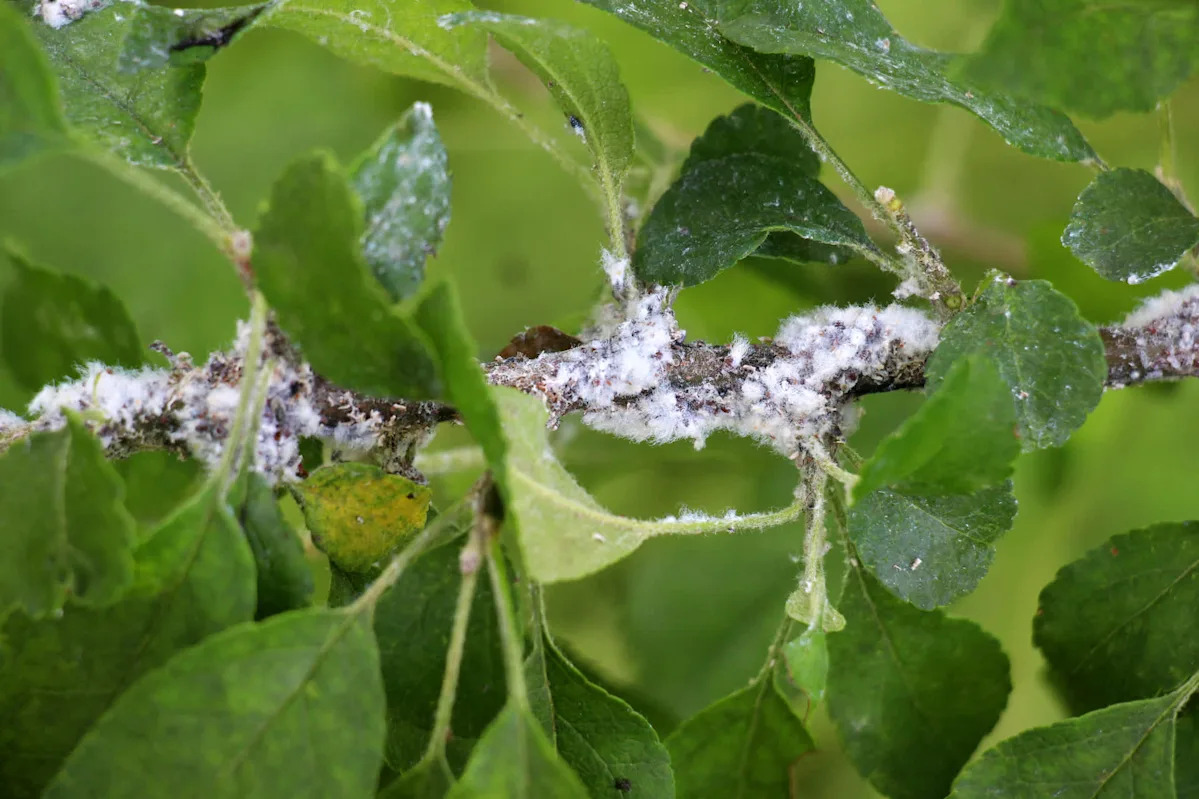A tiny insect with a white, fuzzy-looking appearance could be causing havoc as an invasive species in the United States.
What’s happening?
The woolly aphid insect is overtaking parts of the southeast, and certain species of the bug are considered invasive, according to The Independent.
They have been found sticking to cars and trees, and they can be mistaken for pollen or lint.
When the insects attach to plants, they feed on leaves and excrete honeydew, which can turn into mold buildup and be harmful to the plants.
They are being seen in such high numbers because the region has experienced a longer stretch of hot weather, allowing them to reproduce more.
“I thought it was snow when I looked out my windows,” one social media user said about the woolly aphids, per The Independent.
“They are a nuisance!” another added.
Why are woolly aphids concerning?
Thankfully, the woolly aphid doesn’t bite or sting, and it’s not dangerous to humans or domestic pets. However, it can still be a problem for native plants and gardeners that have to deal with its damage.
Any invasive species can cause stress for plants and wildlife native to the area. The spread of invasives can decimate habitats and ecosystems by outcompeting native species for vital resources.
It’s important to stay educated on what’s native to your region and whether there are any current invasive species to watch out for, especially if you’re a homeowner or a gardener.
Knowing what to do if you encounter something invasive helps conserve natural resources, protect our food supply, and limit the spread of diseases.
What can you do about woolly aphids?
If you’ve seen the white fuzzy insects around your neighborhood, there are steps you can take to minimize their damage.
One expert, Midhula Gireesh from the University of Tennessee, told the Chattanooga Times Free Press that people should avoid keeping patio furniture or other items underneath trees in their yard.
This helps prevent the bugs from transferring and spreading their infestation. If you find any honeydew they’ve left behind, cleaning it thoroughly will prevent mold.
If they are already on your plants, The Independent noted that pesticides can be effective, but they should be considered a last resort. Chemical pesticides don’t discriminate and can harm other desired plants, soil quality, and human and wildlife health.
You can also tend to a thriving garden and protect it from pests without chemicals.
Join our free newsletter for good news and useful tips, and don’t miss this cool list of easy ways to help yourself while helping the planet.

